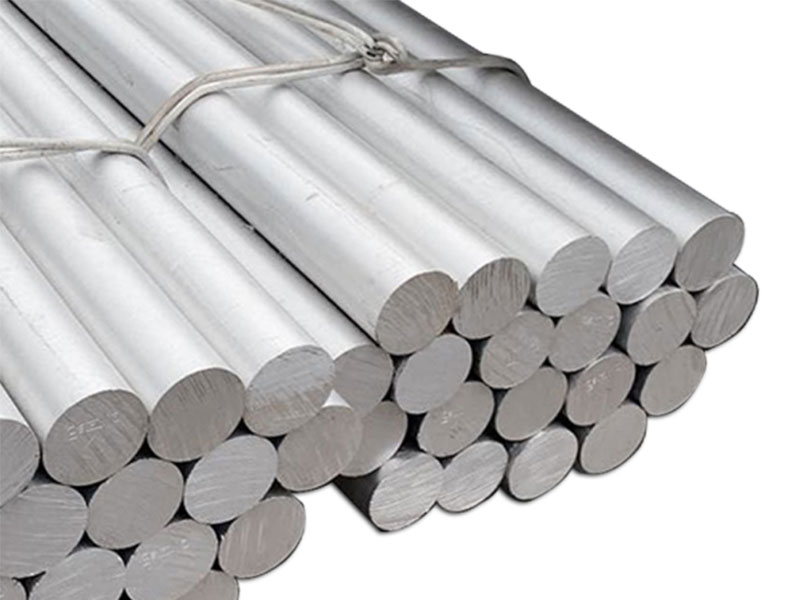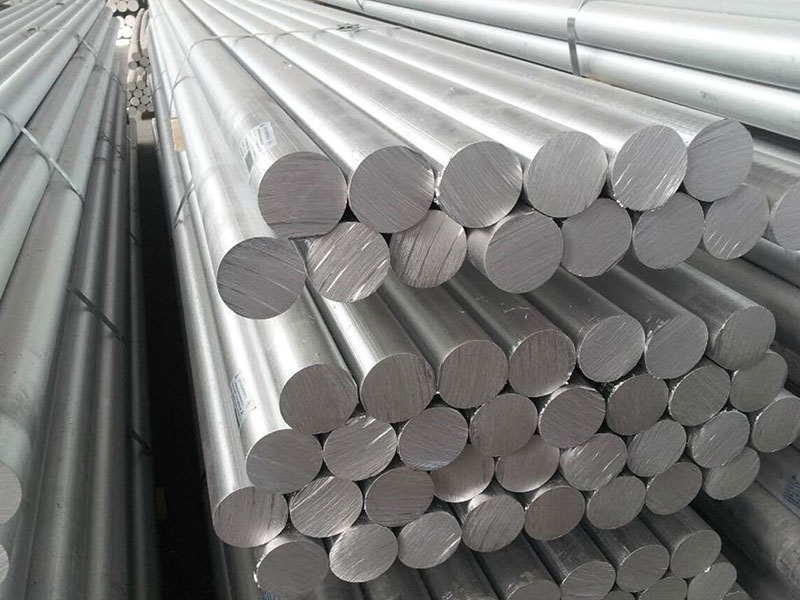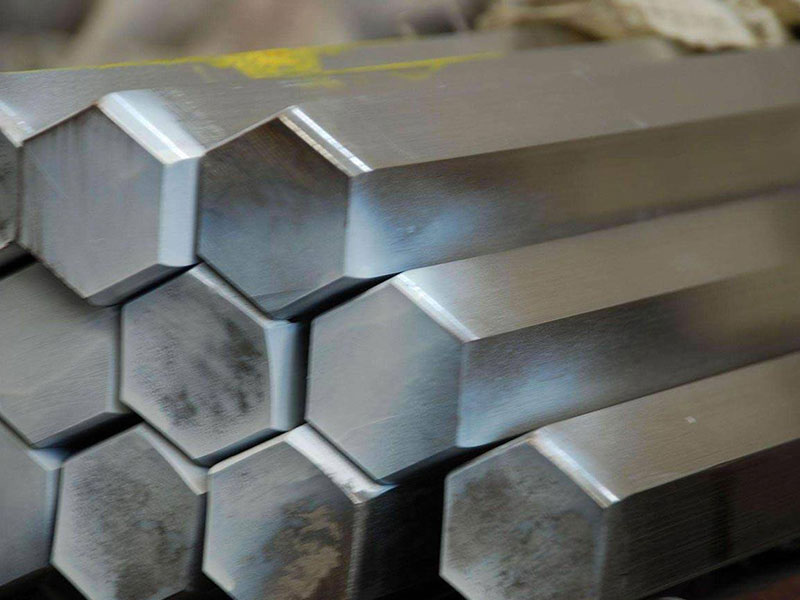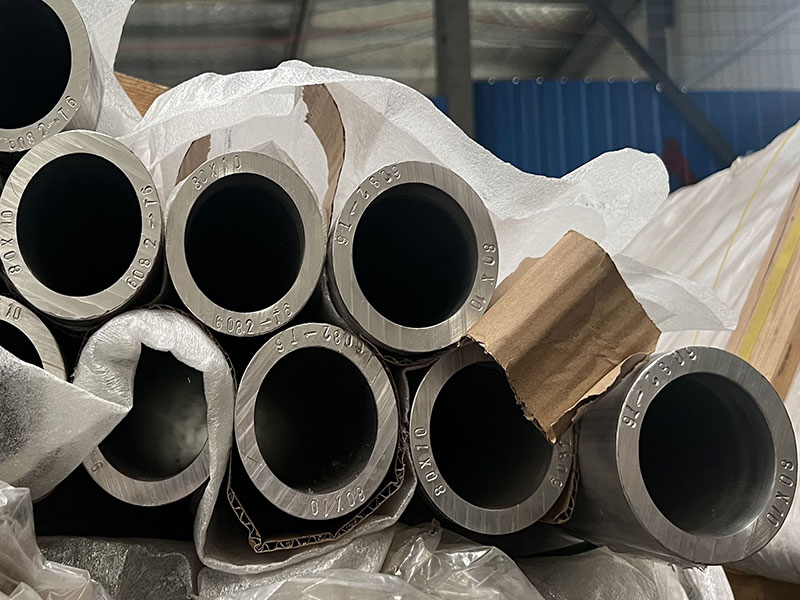5083 Marine Aluminum Bar for Saltwater Corrosion Resistant Boat Frames
In the demanding marine environment, selecting the right materials for boat frames is vital to ensuring longevity, performance, and safety. Among the myriad of alloys, the 5083 marine aluminum bar stands out as an exceptional choice owing to its unique combination of mechanical properties, corrosion resistance, and workability.
Why Choose 5083 for Marine Applications?
Marine environments are harsh, with exposure to saltwater leading to rapid corrosion and material degradation. Aluminum alloys are favored in shipbuilding due to their lightweight nature and excellent resistance to corrosion compared to steel or even standard aluminum types. However, not all aluminum alloys perform equally in saltwater.
Working with 5083 marine aluminum bar for boat frames is a daily reminder of the crucial balance between material properties and real-world application. We're not just selling metal; we're contributing to the longevity and safety of vessels operating in harsh saltwater environments. The slight variations in alloy composition, the subtle differences in extrusion processes, even the seemingly minor details of surface finish – these all become critical when considering the relentless assault of seawater. I've seen firsthand how meticulous quality control, right from the raw material sourcing to the final inspection, directly impacts the corrosion resistance of the finished product. A tiny impurity or a surface imperfection can be the starting point for catastrophic failure years down the line, so our diligence is not just about meeting specifications, but about ensuring the reliability of the boats our aluminum helps build.
Personally, I find the inherent strength-to-weight ratio of 5083 fascinating, especially when juxtaposed against the demanding needs of boat frame construction. We're constantly pushing the limits of what's possible, ways to optimize the bar's performance without compromising its inherent corrosion resistance. This might involve new welding techniques that minimize heat-affected zones, or collaborating with our clients to design frames that minimize stress concentrations. Every boat is a unique engineering challenge, and each success story – a vessel returning from years at sea without significant corrosion – is a testament to the hard work and dedication of our entire team. It's
5083 series aluminum alloy is designed to excel in high-corrosion environments, particularly saltwater and highly saline atmospheres, making it ideal when strength and corrosion resistance are essential—such as in the frames and structures of boats and yachts.
Functions of 5083 Marine Aluminum Bars in Boat Frames
1. Corrosion Resistance
5083 alloy owes its superior resistance primarily to magnesium, resulting in oxide layer formation that protects the metal surface from saltwater pitting and intergranular corrosion. This protective barrier minimizes maintenance needs and extends the service life of marine vessels.
2. Structural Strength
With tensile strength typically around 275 MPa and excellent yield strength, 5083 bars provide the robust framework required to withstand dynamic loads from waves and dock impacts without spiraling into fatigue failure.
3. Weldability and Formability
The alloy's chemistry lends itself easily to welding—an essential factor in constructing complex marine frames. Good formability allows for the machining and bending needed to customize boat components without risking cracking or degradation of mechanical properties.
Technical Details: Mechanical Properties and Parameters of 5083 Aluminum Alloy Bars
The following table summarizes the typical mechanical and physical parameters for 5083 marine aluminum bars under common tempers:
| Property | H116 Temper | H321 Temper | Standard |
|---|---|---|---|
| Tensile Strength (MPa) | 275 - 320 | 285 - 350 | ASTM B209, AMS QQ-A-250/9 |
| Yield Strength (MPa) | 125 - 220 | 200 - 300 | ASTM B209 |
| Elongation (%) | 12 - 16 | 10 - 14 | ASTM B209/Aluminum Standards |
| Density (g/cm³) | 2.66 | 2.66 | ASTM B211 |
| Modulus of Elasticity (GPa) | 70 | 70 | ASTM, MIL-A-8625 |
| Thermal Conductivity (W/m.K) | 121 | 121 | ASTM E1952 |
Temper details:
- H116: As-rolled, with enhanced corrosion resistance, recommended for welded marine applications.
- H321: Solution heat-treated and stress-relieved by cold working, providing improved strength.
Chemical Composition of 5083 Alloy
the chemical makeup clarifies why 5083 offers excellent corrosion resistance. The framework of its composition, per ASTM B209, is here:
| Element | Percentage Range (%) |
|---|---|
| Magnesium (Mg) | 4.0 – 4.9 |
| Manganese (Mn) | 0.4 – 1.0 |
| Chromium (Cr) | 0.05 – 0.25 |
| Iron (Fe) | 0.4 max |
| Silicon (Si) | 0.4 max |
| Copper (Cu) | 0.1 max |
| Zinc (Zn) | 0.25 max |
| Titanium (Ti) | 0.15 max |
| Aluminum (Al) | Balance |
The relatively high magnesium content is for strengthening and corrosion resistance, while minor alloying elements like chromium refine grain structure and stabilize the alloy during welding.
Industry Standards for 5083 Marine Aluminum Bars
Companies rely on reputable certifications for quality assurance. Common standards include:
- ASTM B209: The standard specification covers aluminum alloy sheet, plate, and strip.
- AMS 4123 / QQ-A-250/9: Aerospace Material Specifications adapted by marine industry users.
- ISO 6361: General quality assurance for aluminum alloys used structurally, important for global applications.
Adhering to these standards ensures materials meet chemical, mechanical, and dimensional requirements necessary for safety and performance in marine environments.
Practical Applications in Marine Boat Frames
Boat Frames and Structural Components
5083 marine aluminum bars are commonly fabricated into:
- Frame stringers and bulkheads: Internal skeleton structures benefitting from lightness and corrosion resistance.
- Hull reinforcements: Areas exposed to direct sea contact rely on 5083's longevity.
- Deck beams and extrusions: Enhance flexural strength without adding unnecessary weight.
Fabricated Accessories and Equipment Fittings
Beyond frames, 5083's adaptation is seen in ladders, railings, and storage compartments within marine vessels, showcasing not only strength but aesthetic appeal thanks to excellent finishing capabilities and resistance to marine tarnishing.
Alloy Tempering and Treatment Conditions
To optimize physical performance, different tempers are chosen considering fabrication:
- O (Annealed Temper): Ultimate softness, used when maximum formability or machining is needed.
- H116: Specially stressed and strain hardened to improve resistance in marine settings.
- H321: Cold-worked after solution heat treatment, balancing strength and corrosion resistance.
Final surface treatments such as anodizing or clear-coat painting enhance resistance to abrasion and ultraviolet exposure.
Related Products
Marine grade aluminum solid bar
Marine Grade Aluminum Solid Bars are produced from premium aluminum alloys optimized for saltwater exposure, such as 5083, 5052, 6061, and 6082. These alloys offer unparalleled resistance to corrosion caused by seawater, salt spray, and marine atmospheres, while maintaining excellent mechanical strength and toughness.
View Details6082 marine aluminum rod & bar
6082 Aluminum Rods & Bars are extruded or rolled products manufactured from 6082 aluminum alloy — a thermally treated (typically T6 temper) aluminum-magnesium-silicon alloy that balances high tensile strength, good weldability, and excellent corrosion resistance.
View DetailsMarine aluminum hexagonal bars
Marine Grade Aluminum Hexagonal Bars are produced from premium corrosion-resistant aluminum alloys such as 5083, 5052, 6061, and 6082.
View DetailsMarine aluminum hollow bars
Marine Grade Aluminum Hollow Bars are fabricated from high-quality alloys such as 5083, 5052, 6061, and 6082, all known for their exceptional resistance to seawater corrosion, salt spray, and marine atmospheres.
View DetailsRelated Blog
5083 Marine Grade Aluminum Solid Bar for Boat Hull Reinforcement
In the expansive world of marine construction and engineering, selecting the right materials can make the difference between a resilient vessel and costly structural failures.
View Details5083 Marine Aluminum Bar for Marine Equipment Reinforcements
Superior strength, corrosion resistance, and reliability of 5083 Marine Aluminum Bars, specifically engineered for marine equipment reinforcements. Ideal for harsh sea environments, these aluminum bars offer exceptional mechanical properties and long-term
View Details5083 Marine Aluminum Bar for High Strength Marine Vessel Parts
5083 Marine Aluminum Bar for High Strength Marine Vessel Parts: Durability Meets PerformanceWhen it comes to constructing high-performance marine vessels, material selection is paramount.
View Details5083 Marine Aluminum Hexagonal Bars for High Strength Shipbuilding Materials
When it comes to constructing robust, lightweight, and corrosion-resistant components in the marine industry, 5083 marine aluminum hexagonal bars are an indispensable material.
View Details5083 Marine Aluminum Bar for Saltwater Corrosion Resistant Boat Frames
In the demanding marine environment, selecting the right materials for boat frames is vital to ensuring longevity, performance, and safety. Among the myriad of alloys.
View Details5083 Marine Grade Aluminum Solid Bar for Offshore Vessel Frame Parts
In the demanding environment of offshore vessels, structural integrity, durability, and corrosion resistance are critical factors that determine overall vessel performance and safety.
View Details











Leave a Message